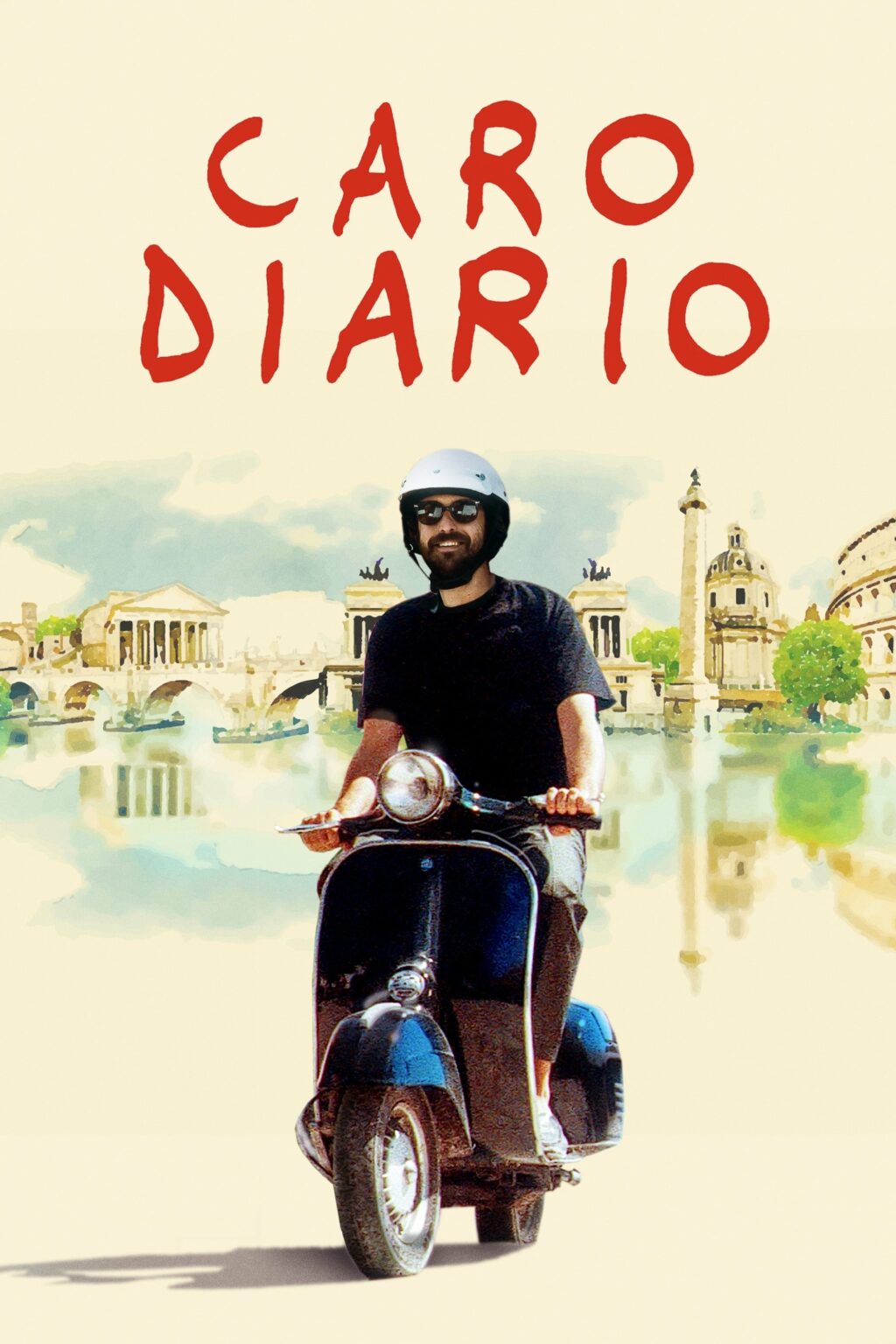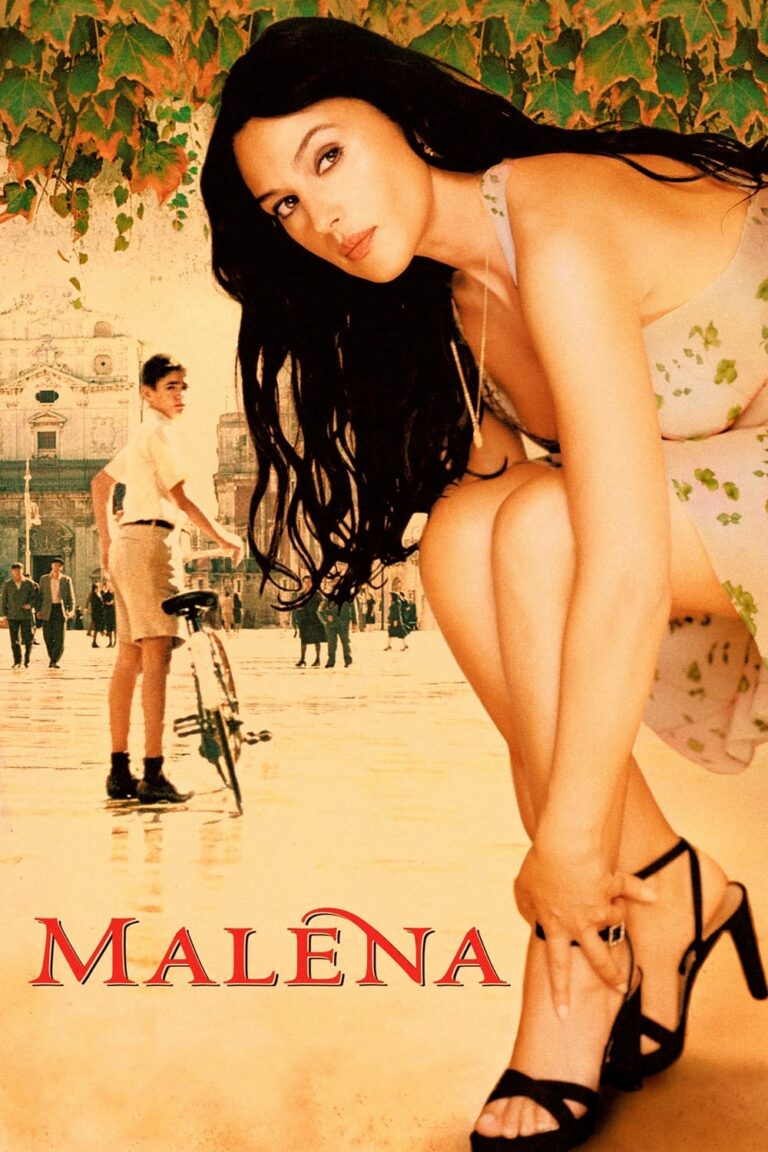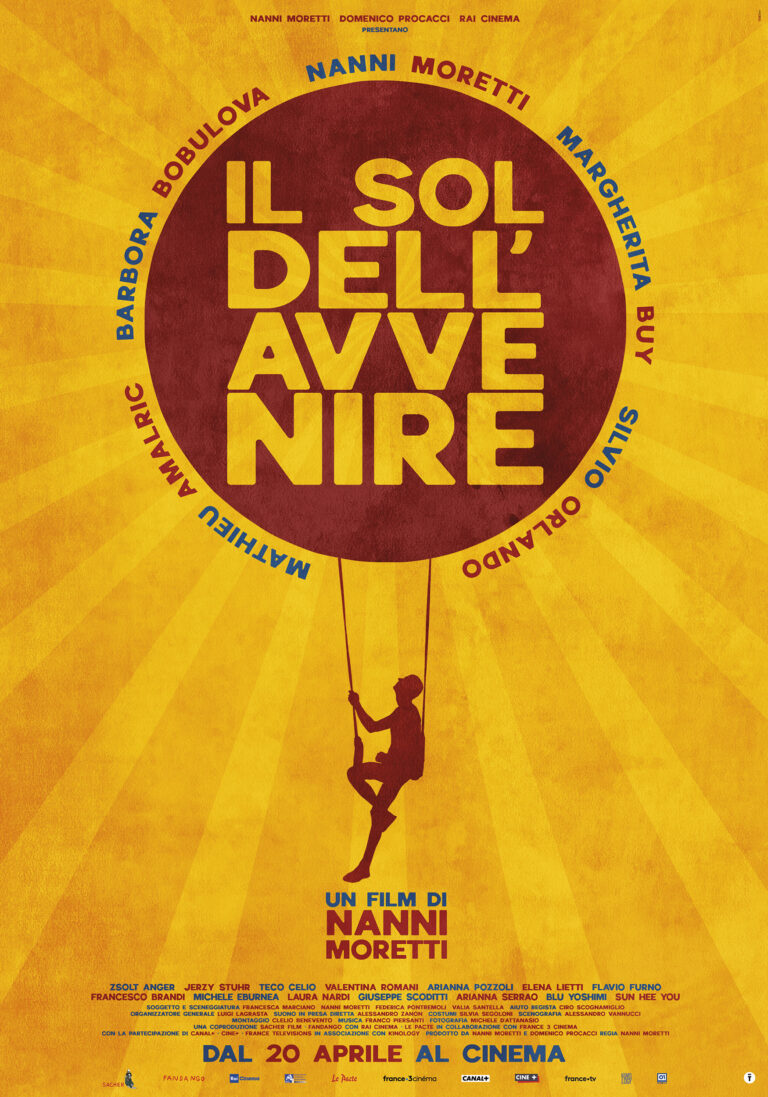
Dear Diary (Caro Diario), released in 1993, is a semi-autobiographical film written, directed, and starred in by celebrated Italian filmmaker Nanni Moretti. Structured as a triptych, the film is a deeply personal exploration of life, culture, and human connection. It blends humor, melancholy, and introspection to create a cinematic experience that resonates universally, making it one of the most acclaimed Italian films of its time. This article delves into the themes, style, and enduring legacy of Caro Diario.
Table of Contents
- Introduction to Caro Diario
- About Nanni Moretti
- Plot Overview and the Triptych Structure
- Chapter One: On My Vespa
- Chapter Two: Islands
- Chapter Three: Doctors
- Themes in Caro Diario
- Self-Reflection and Identity
- Urban Life vs. Rural Escapes
- Critique of Modern Culture
- Blending Fiction and Reality
- Cinematography and Visual Style
- The Role of Music in the Film
- Reception and Awards
- Why Caro Diario is a Cult Classic
- Frequently Asked Questions (FAQs)
- Conclusion: A Timeless Masterpiece of Personal Cinema
1. Introduction to Caro Diario
Dear Diary is not just a film; it’s a cinematic love letter to life itself. Through three loosely connected chapters, Nanni Moretti invites viewers into his world, sharing his musings on culture, urban chaos, human connection, and personal struggles. Its blend of humor, satire, and poignancy creates an emotional and intellectual experience that feels intimate yet universal.
2. About Nanni Moretti
Nanni Moretti is one of Italy’s most celebrated filmmakers, known for his unique blend of personal storytelling and cultural critique. With a career spanning over four decades, Moretti has earned acclaim for his ability to intertwine the personal and political in his films. Caro Diario stands out as one of his most iconic works, showcasing his distinctive voice and wit.
3. Plot Overview and the Triptych Structure
Chapter One: On My Vespa
The first chapter follows Moretti as he rides his Vespa through the streets of Rome. He observes the city with a mix of admiration and bemusement, commenting on architecture, modern culture, and urban life. Through his lens, Rome becomes both a playground and a stage for personal reflection.
Chapter Two: Islands
In this chapter, Moretti travels to a series of Italian islands in search of peace and inspiration. His encounters with quirky locals and friends highlight the contrast between urban and rural lifestyles, as well as the absurdity of modern living.
Chapter Three: Doctors
The final chapter takes a more serious turn as Moretti chronicles his frustrating journey through the Italian medical system after developing a mysterious illness. This segment is both humorous and deeply affecting, shedding light on vulnerability, mortality, and the absurdities of healthcare.
4. Themes in Caro Diario
Self-Reflection and Identity
The film serves as a meditation on Moretti’s own life, exploring questions of identity, purpose, and creativity. His journey is both deeply personal and universally relatable.
Urban Life vs. Rural Escapes
The film contrasts the chaos of urban life with the tranquility of rural settings, inviting viewers to reflect on their own relationship with their environment.
Critique of Modern Culture
From television to urban planning, Moretti critiques various aspects of modern life with wit and insight. His observations resonate with anyone who has felt disenchanted with contemporary culture.
5. Blending Fiction and Reality
One of the defining features of Caro Diario is its seamless blend of fiction and reality. While the film is autobiographical, Moretti’s narrative is infused with creative flourishes that blur the line between documentary and fiction. This approach lends the film its unique charm and emotional resonance.
6. Cinematography and Visual Style
The film’s cinematography captures the beauty and complexity of Italy, from the bustling streets of Rome to the idyllic landscapes of the islands. The camera often lingers on seemingly mundane moments, imbuing them with a sense of wonder and significance.
7. The Role of Music in the Film
Music plays a vital role in Caro Diario, with a soundtrack that perfectly complements the film’s tone and themes. From classical compositions to modern tunes, the music enhances the emotional depth of the narrative and reflects Moretti’s eclectic tastes.
8. Reception and Awards
Dear Diary received widespread critical acclaim upon its release, winning the Best Director Award at the 1994 Cannes Film Festival. Critics praised Moretti’s originality, wit, and emotional honesty. The film’s success cemented Moretti’s reputation as one of the most important voices in contemporary Italian cinema.
9. Why Caro Diario is a Cult Classic
The film’s blend of humor, introspection, and cultural critique has made it a timeless classic. Its unique structure and deeply personal narrative continue to resonate with audiences, ensuring its place in the pantheon of great cinema.
10. Frequently Asked Questions (FAQs)
1. What is Caro Diario about?
Dear Diary is a semi-autobiographical film by Nanni Moretti that explores themes of identity, culture, and self-reflection through three chapters.
2. Who directed Dear Diary?
The film was written, directed, and starred in by Nanni Moretti.
3. What awards did Caro Diario win?
The film won the Best Director Award at the 1994 Cannes Film Festival.
4. Is Caro Diario autobiographical?
Yes, the film is semi-autobiographical, blending Moretti’s real-life experiences with fictional elements.
5. What is the significance of the Vespa in the film?
The Vespa symbolizes freedom and serves as a vehicle for Moretti’s exploration of Rome and his personal reflections.
6. Where can I watch Caro Diario?
Availability varies by region, but the film is often available on platforms specializing in Italian or international cinema.
11. Conclusion: A Timeless Masterpiece of Personal Cinema
Dear Diary (Caro Diario) is a cinematic gem that transcends its time and place. With its blend of humor, introspection, and cultural critique, the film offers a deeply personal yet universal exploration of life’s complexities. Nanni Moretti’s unique voice and vision shine through, making Caro Diario a must-watch for anyone who appreciates thought-provoking and emotionally resonant cinema.





